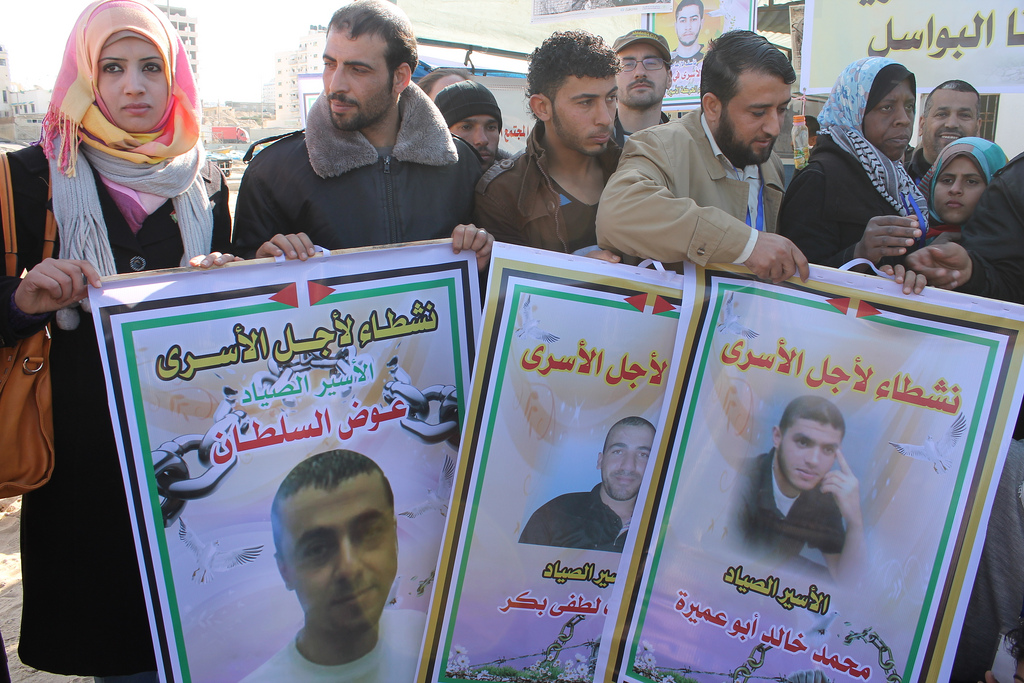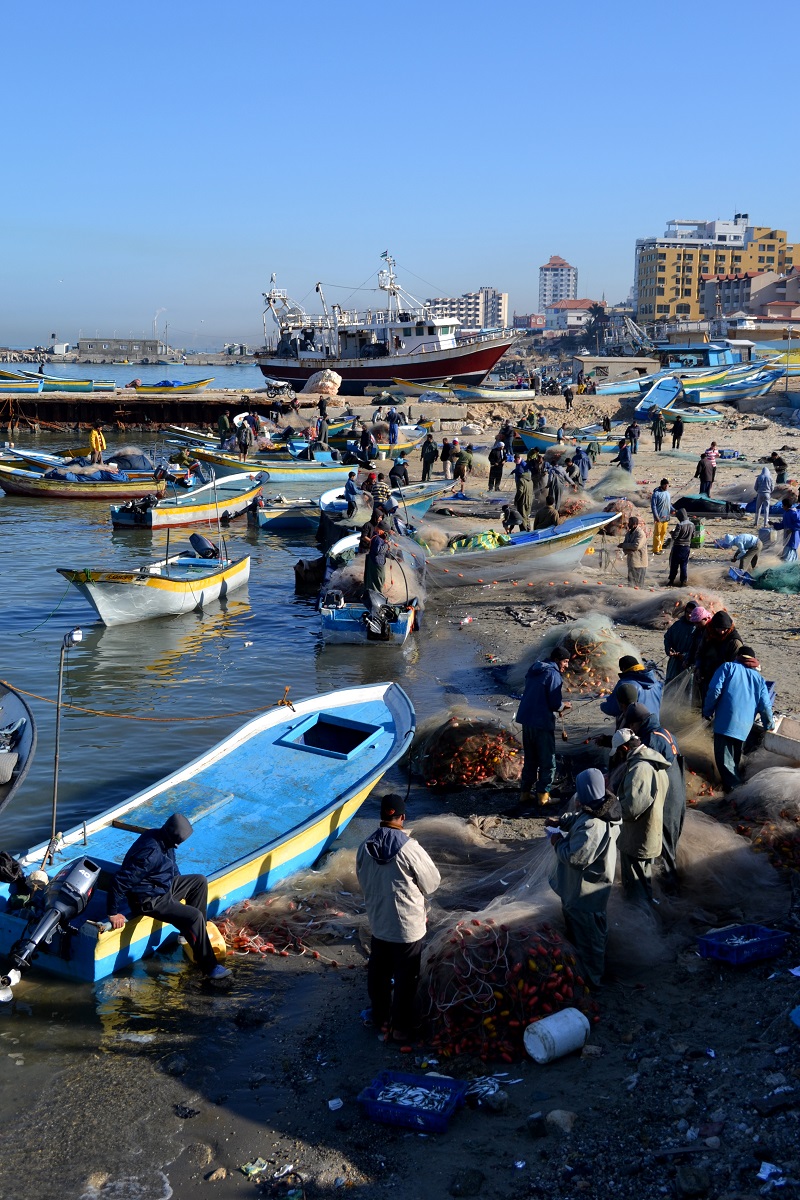Tag: Palestinian Centre for Human Rights
-
Israel’s attacks on Palestinian fishermen in Gaza flout international conventions
7th January 2014 | International Solidarity Movement, Charlie Andreasson | Gaza, Occupied Palestine On Saturday, 4th January, the Israeli navby shot at five fishermen and their boat, a hasaka, three nautical miles from the shore of Gaza, well within the highly-restricted part of Palestine waters in which the occupation forces officially allow them to fish.…
-
Gaza fishermen suffer 85 percent income loss as Israeli siege, attacks continue
4th January 2014 | The Electronic Intifada, Joe Catron | Gaza City, Occupied Palestine On 17 December, Palestinian fishermen and their supporters erected a tent — a traditional venue for protest, as well as celebration and mourning — inside the Gaza seaport. “It was to highlight the situation, the crimes of the Israelis against fishermen here,” said Amjad al-Shrafi, treasurer…
-
Gaza: “Free the Holy Land sea”
23rd December 2013 | International Solidarity Movement, Rosa Schiano | Gaza, Occupied Palestine “Free the Holy Land sea” was a three-day protest by fishermen in Gaza which began on Tuesday, 17th November. The fishermen, supported by the Palestinian Center for Human Rights and al-Mezan Center for Human Rights, set up a tent at the Gaza…



